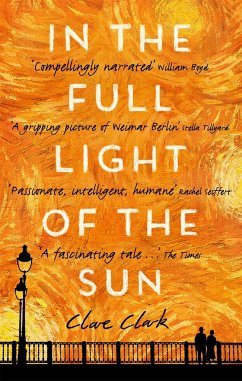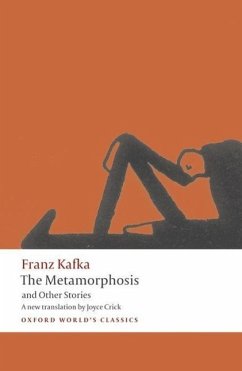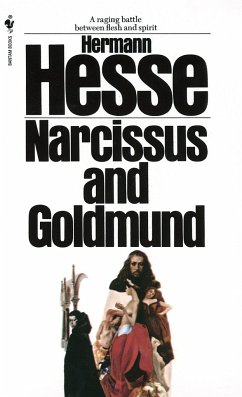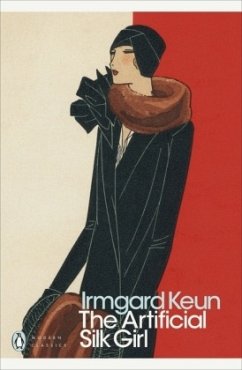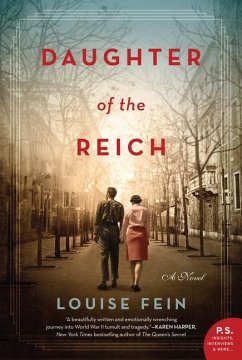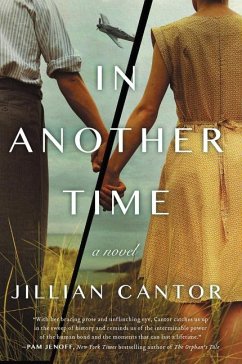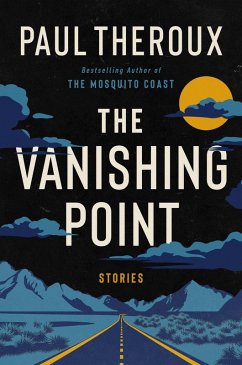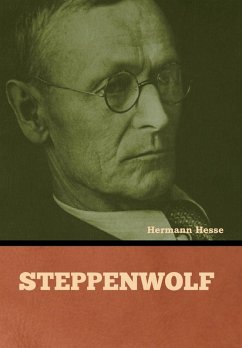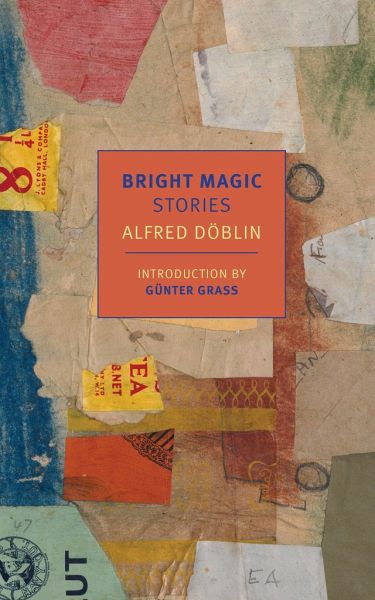
Bright Magic
Stories
Übersetzer: Searls, Damion

PAYBACK Punkte
6 °P sammeln!
Alfred Döblin's many imposing novels, above all Berlin Alexanderplatz, have established him as one of the titans of modern German literature. This collection of his stories -astonishingly, the first ever to appear in English-shows him to have been a master of short fiction too. Bright Magic includes all of Döblin's first book, The Murder of a Buttercup, a work of savage brilliance and a landmark of literary expressionism, as well as two longer stories composed in the 1940s, when he lived in exile in Southern California. The early collection is full of mind-bending and sexually charged narrat...
Alfred Döblin's many imposing novels, above all Berlin Alexanderplatz, have established him as one of the titans of modern German literature. This collection of his stories -astonishingly, the first ever to appear in English-shows him to have been a master of short fiction too. Bright Magic includes all of Döblin's first book, The Murder of a Buttercup, a work of savage brilliance and a landmark of literary expressionism, as well as two longer stories composed in the 1940s, when he lived in exile in Southern California. The early collection is full of mind-bending and sexually charged narratives, from the dizzying descent into madness that has made the title story one of the most anthologized of German stories to "She Who Helped," where mortality roams the streets of nineteenth-century Manhattan with a white borzoi and a quiet smile, and "The Ballerina and the Body," which describes a terrible duel to the death. Of the two later stories, "Materialism, A Fable," in which news of humanity's soulless doctrines reaches the animals, elements, and the molecules themselves, is especially delightful.





